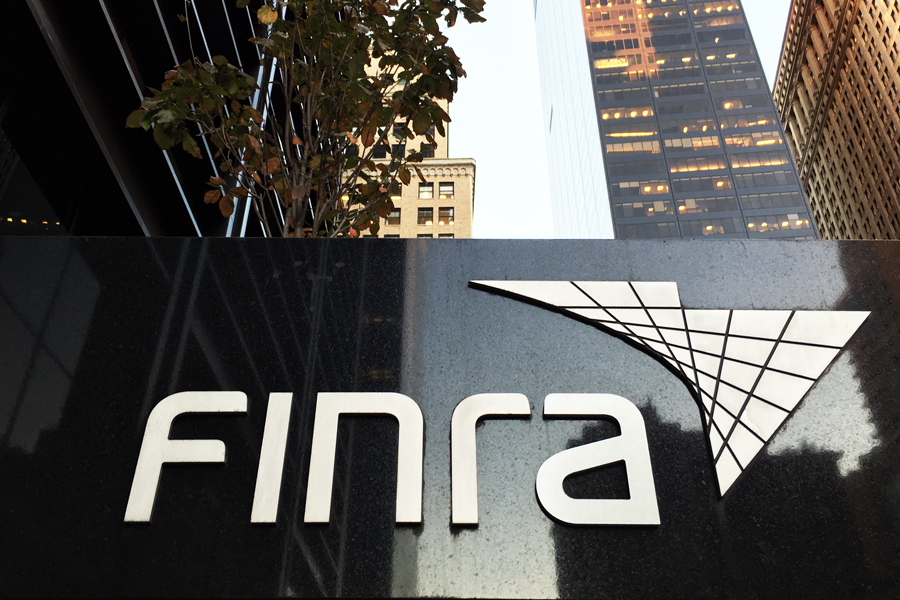

In response to the Covid-19 pandemic, the Financial Industry Regulatory Authority Inc. announced that it is postponing further all in-person arbitration and mediation proceedings scheduled through July 3.
In earlier postponements, Finra had delayed arbitrations and mediations to May 1, and then to May 31.
Those scheduled for an in-person hearing or mediation session through July 3 will be contacted by Finra staff to reschedule or discuss remote scheduling options, Finra said on an update posted to its website.
Postponing a hearing will not affect other case deadlines, Finra noted, adding that all case deadlines will continue to apply and must be timely met unless the parties jointly agree otherwise.
Finra also said it will waive postponement fees when parties stipulate to adjourn in-person hearing dates scheduled from July 6 through Sept. 4. To avoid postponement fees, parties must provide written notice of the stipulation to adjourn more than 20 days prior to the first scheduled hearing date. Parties stipulating to adjourn in-person hearing dates should also consider stipulating to changing other case deadlines.
Earlier, the Securities and Exchange Commission extended its deadline for registered investment advisers to file registration documents, known as Form ADV. The SEC is giving advisory firms an extra 45 days to submit registration forms that were due between March 13 and June 30. An SE order released March 13 was only for ADVs due through April 30.
Advisers who want to take advantage of the extension must notify the SEC and their clients of the fact and explain why they are doing so.

Integrated Partners is adding a mother-son tandem to its network in Missouri as Kestra onboards a father-son advisor duo from UBS.

Futures indicate stocks will build on Tuesday's rally.

Cost of living still tops concerns about negative impacts on personal finances

Financial advisors remain vital allies even as DIY investing grows

A trade deal would mean significant cut in tariffs but 'it wont be zero'.
RIAs face rising regulatory pressure in 2025. Forward-looking firms are responding with embedded technology, not more paperwork.
As inheritances are set to reshape client portfolios and next-gen heirs demand digital-first experiences, firms are retooling their wealth tech stacks and succession models in real time.
